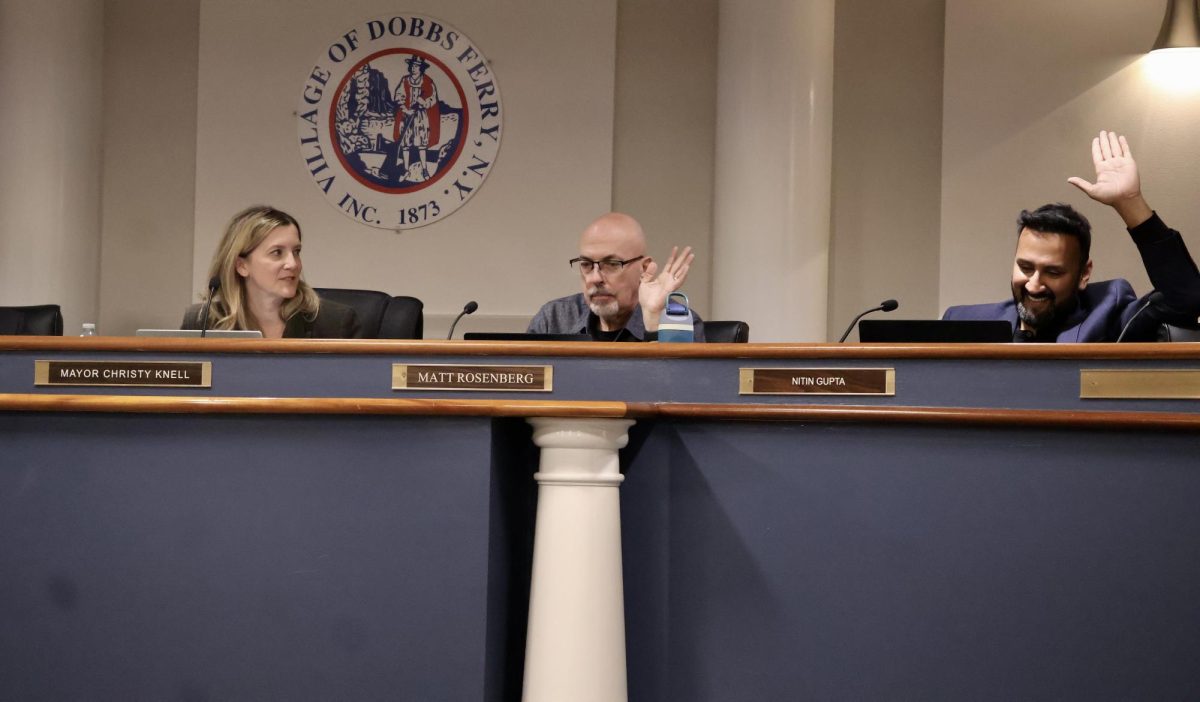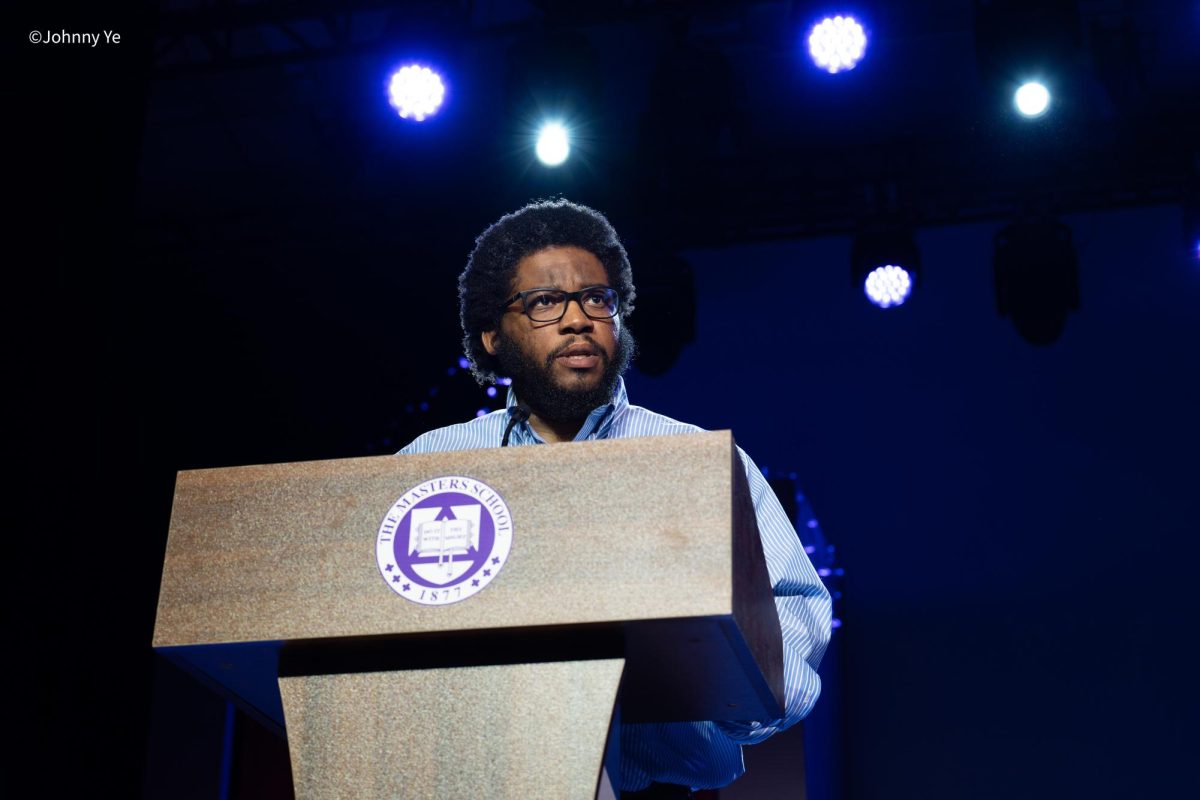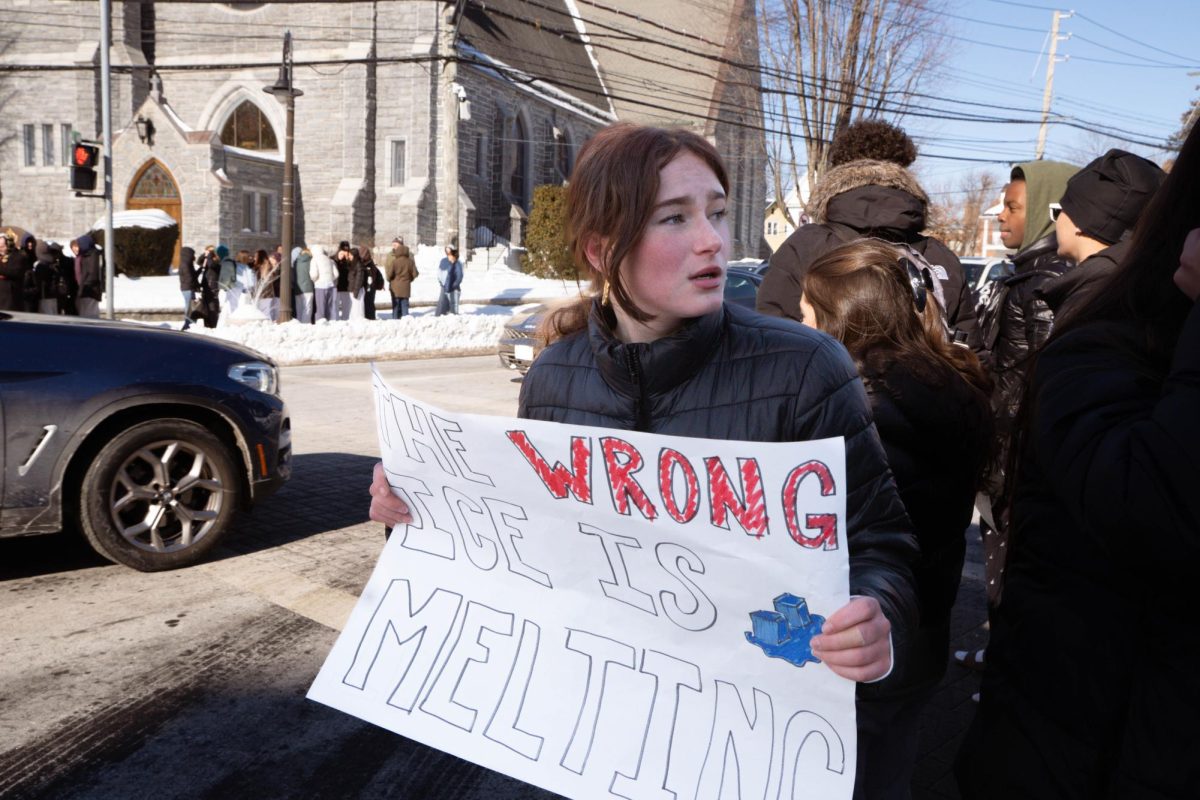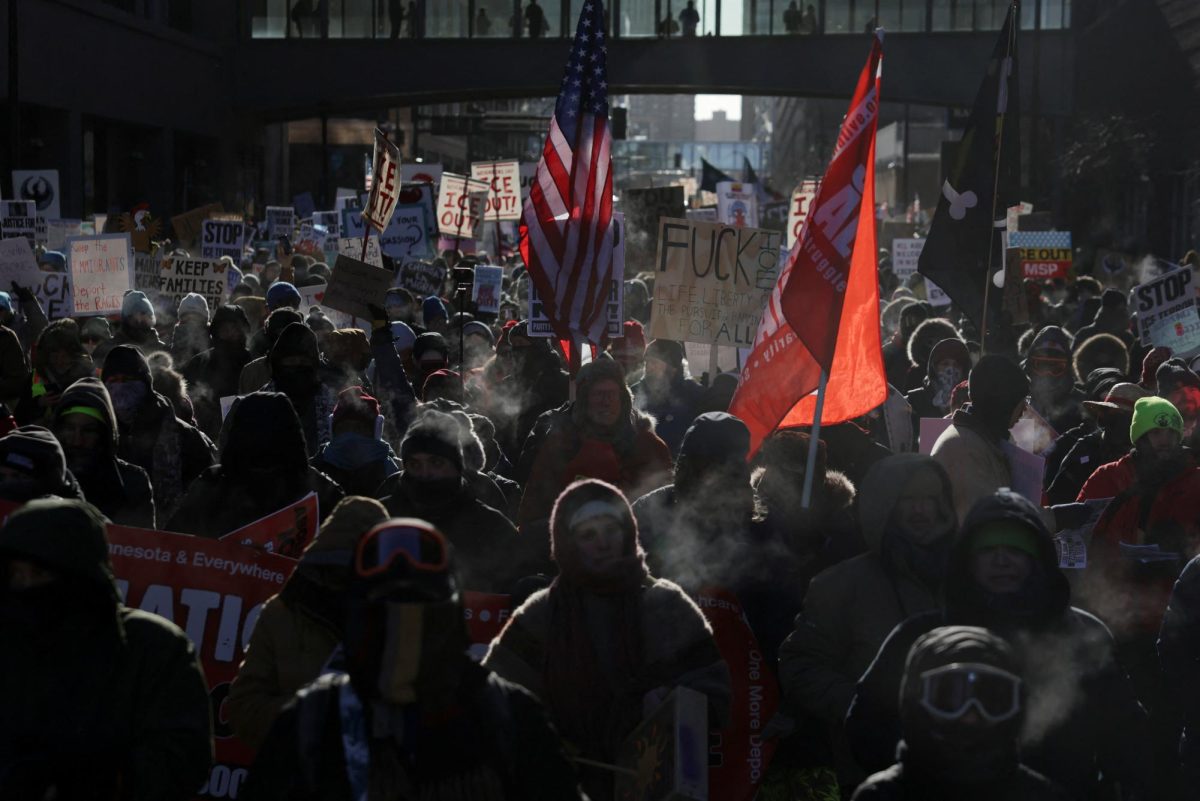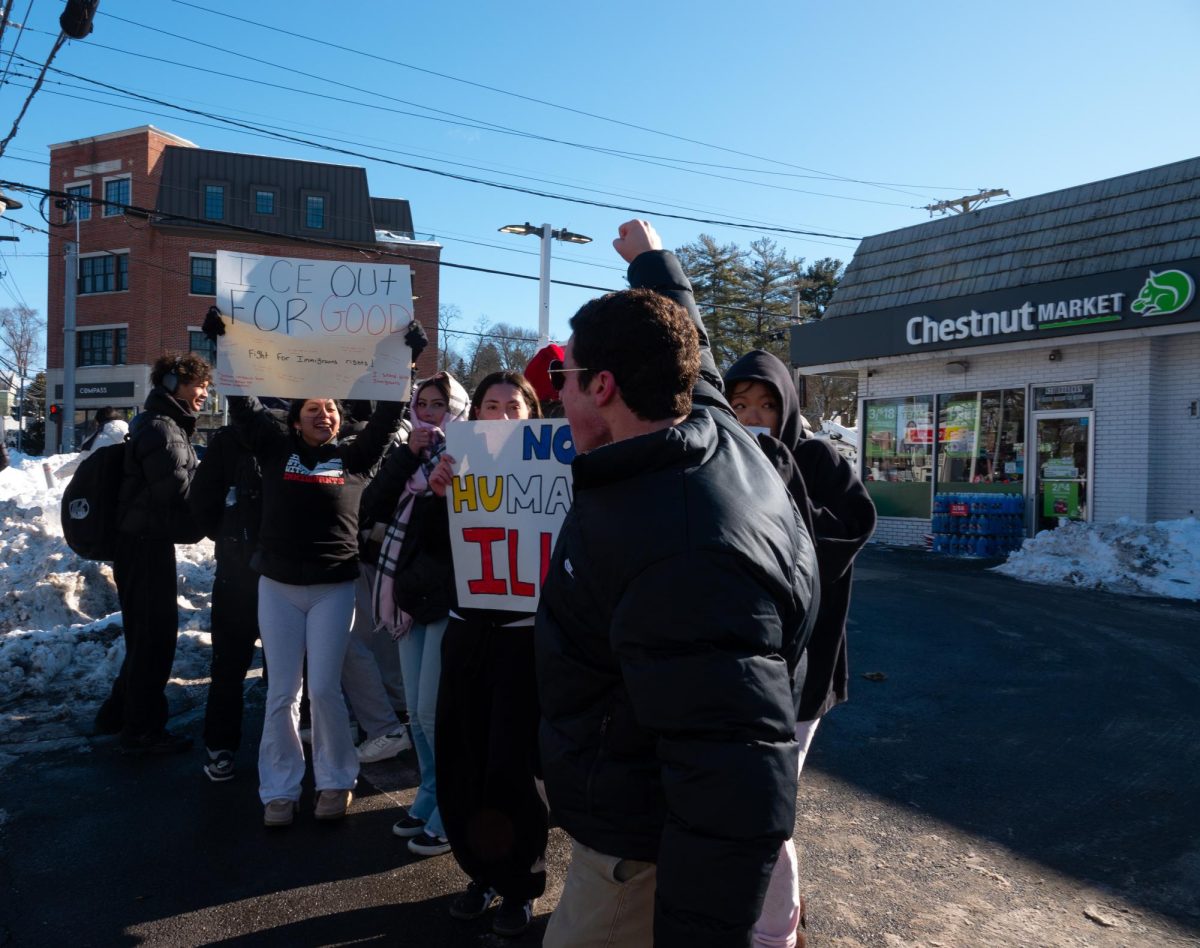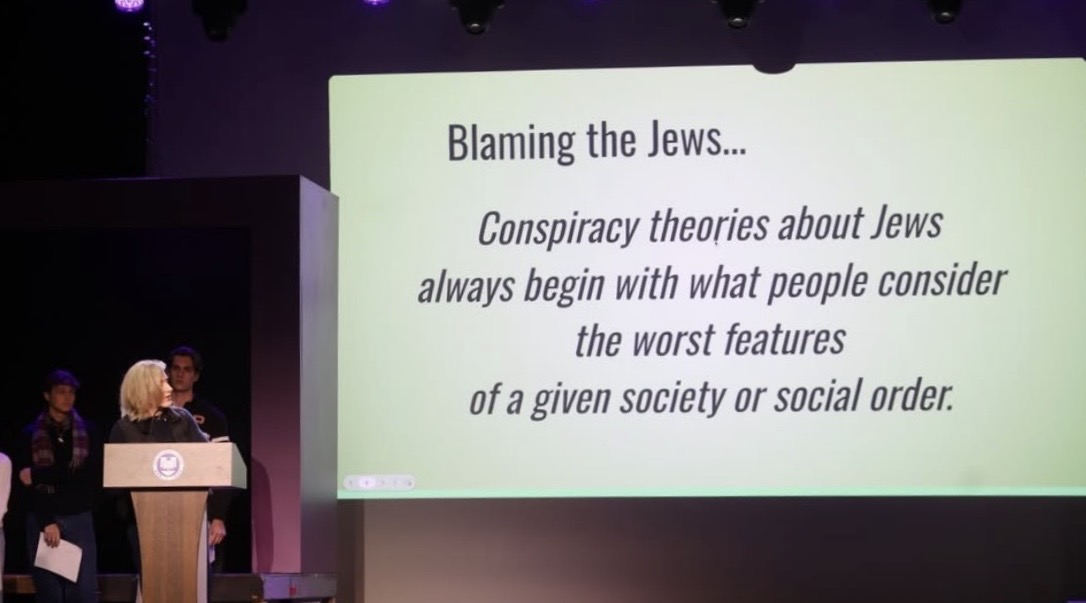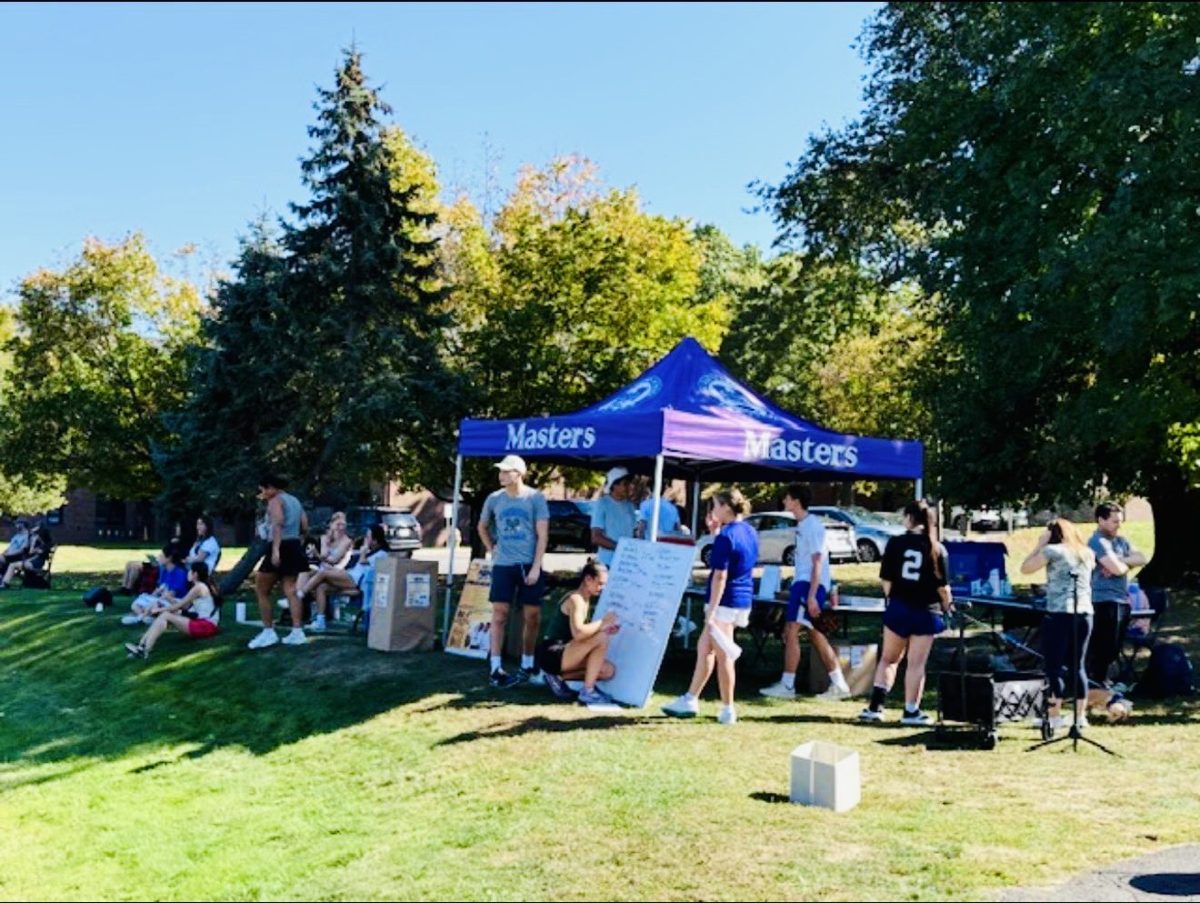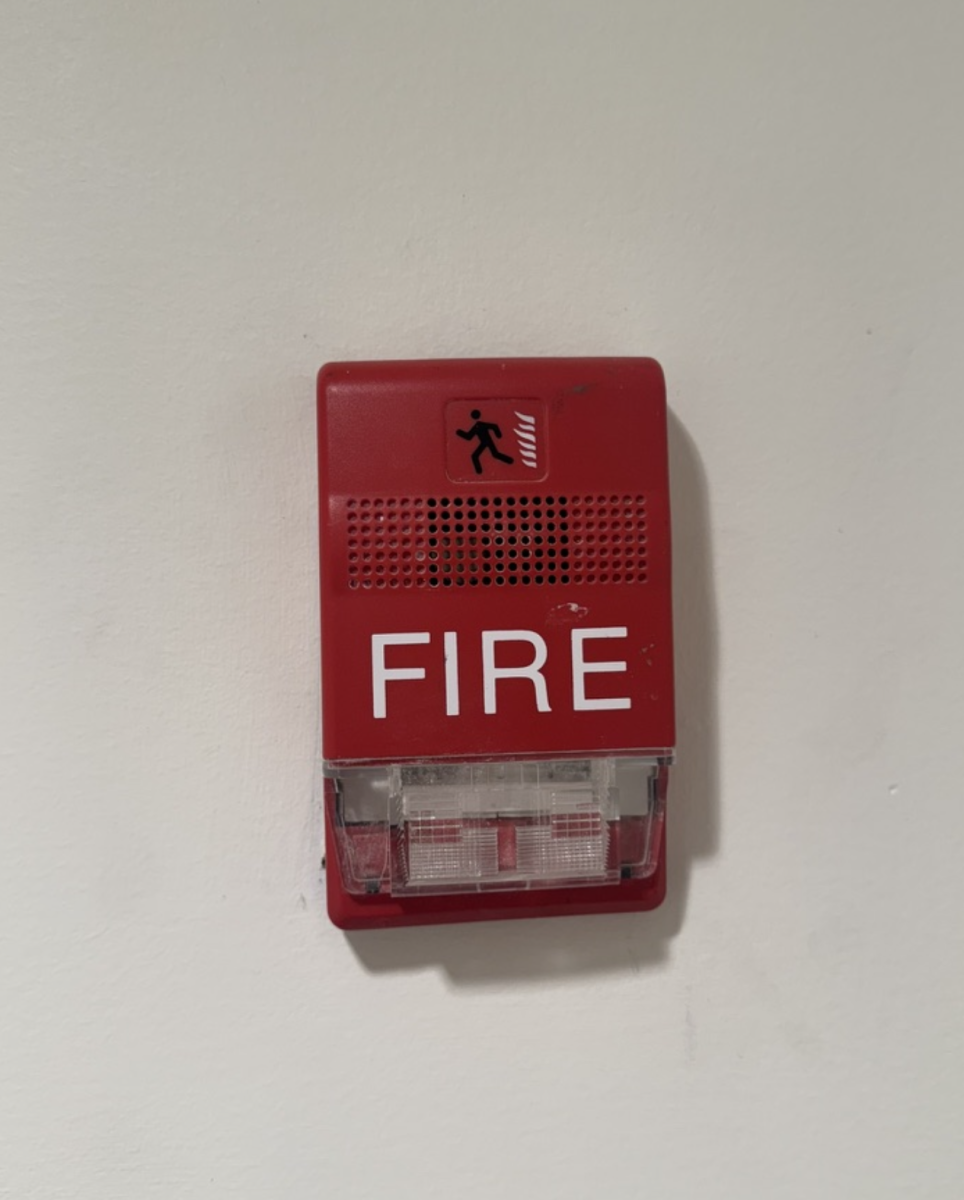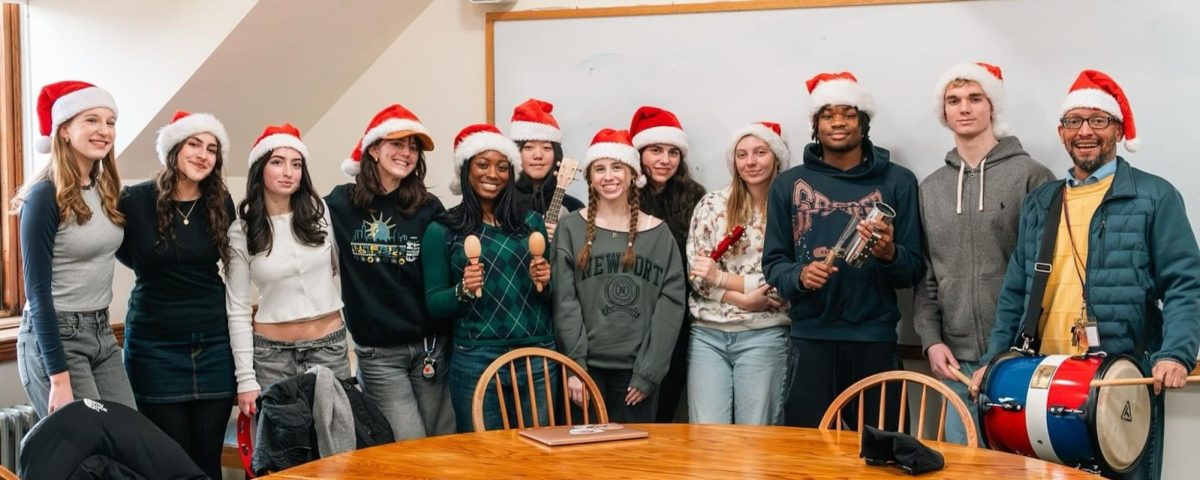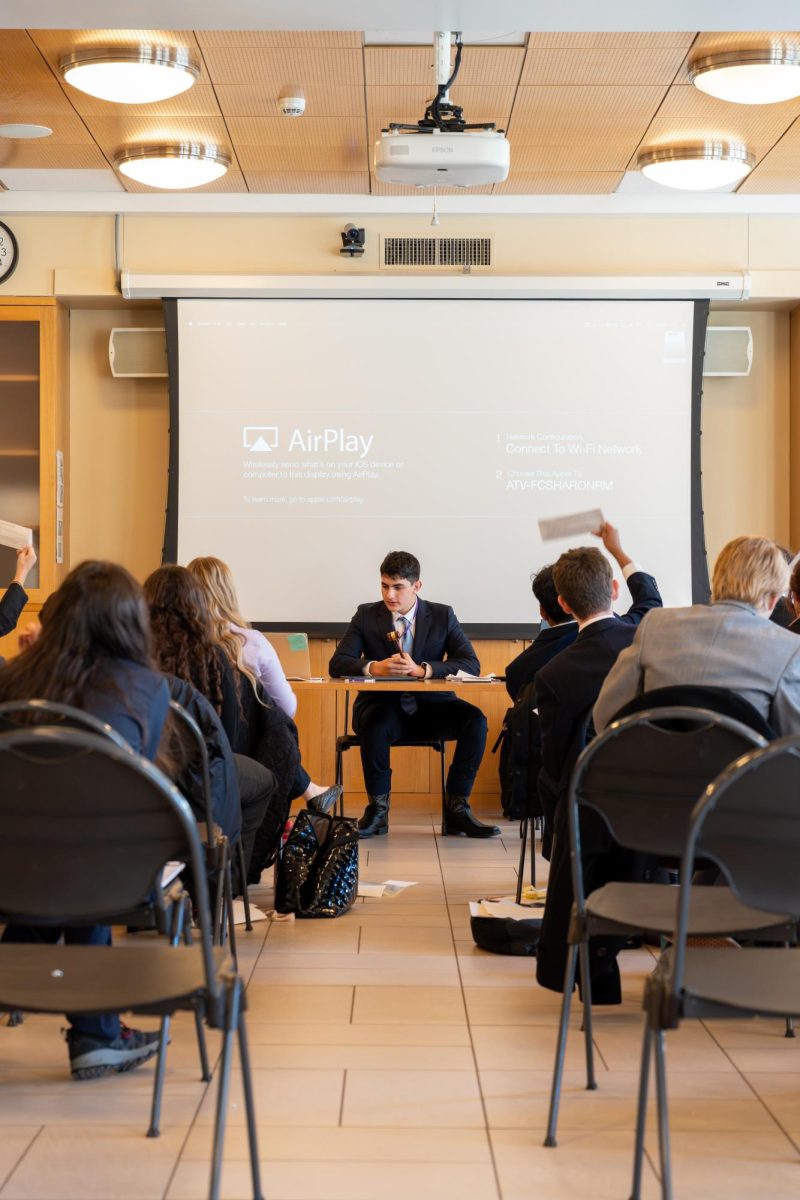On Monday, August 28, 2023, The Masters School hosted a webinar discussion surrounding the Supreme Court decision to strike down affirmative action in the substantial case, Students for Fair Admission vs. Harvard. As an effort to answer questions from the community and create healthy dialogue around the topic, the webinar was moderated by Director of College Counseling Adam Gimple.
To address all facets of the complex issue, three prestigious guests were invited. Firstly, former college counselor and now Dean of Inclusive Equity, Esperanza Borrero represented the Center for Inclusive Excellence. In addition, a parent of a senior, well-known college and standardized test professional, and Senior Director of Advocacy and Advancement, FairTest.org Akil Bello P’24 was in attendance. Lastly, Emmi Harward, a close associate of Masters and Executive Director of the Association of College Counselors in Independent Schools (ACCIS) spoke and answered questions in the Q&A style Zoom. Recently ACCIS, which Masters is a part of, paired with FairTest to submit a friend of the court brief in favor of affirmative action. Members of the community were given the opportunity to submit questions before the Zoom and to ask questions throughout the duration of the webinar.
Before the question and answer period commenced, Harward introduced the 72 attendees to the facts of the case along with the major components and impacts of the situation at hand. She reassured that even with the encroaching court cases that are undermining the diversity in higher education, the Masters community is unique in how they view diversity. “You are in a school community that embraces the richness and value that diversity, equity, and inclusion bring.”
Following Harward, Bello explained the history behind both affirmative action and race-conscious admission. Context was given through statistics and previous Supreme Court Cases, especially ones brought by Edward Bloom, a strategist in Students for Fair Admission vs. Harvard. Bloom has notably brought other cases regarding affirmative action to both local and national courts.
Gimple expressed ways in which colleges and universities are now adapting to the change that has greatly affected the landscape of higher education. One of those is adding supplemental questions on select schools’ applications to allow students to explore their lived experiences. “I am excited to help our students, particularly our students of color, nurture and explore the ways they can talk about their lived experiences … but most notable it is not at the expense of something that other students will have to use(speaking of the traditional college essay).
The meeting also addressed the removal of legacy admissions and how that plays into mitigating the effects that the absence of Affirmative action will have on the college process. The decision was made by a handful of schools including Amherst College, Johns Hopkins University, Wesleyan College, and many more. Even though the decision was made to help create fairness in the admissions process, Bello believes that the damages made to the black and hispanic communities are irreversible. “We will never catch up- there are multiple generational advantages that white families have the exponential effect of that generational head start, we will never catch up.
A large importance was placed on supporting the community by all panelists, specifically Borrero.
“Our main goal is to really bring those spaces around campus to invite the conversation in and also teach students, families, and the whole community and model for them what it means to have productive conversations with each other,” said Borrero. Furthermore, she concluded with how the Center for Inclusive Excellence will work alongside student affinity groups in moderating open lines of dialogue.
The webinar was recorded and will be released to the school community at a date soon to come.




